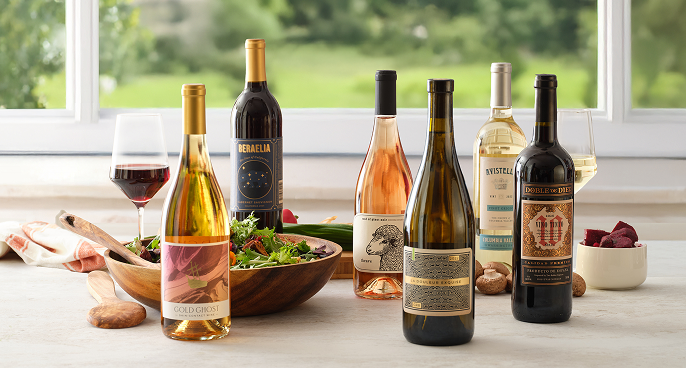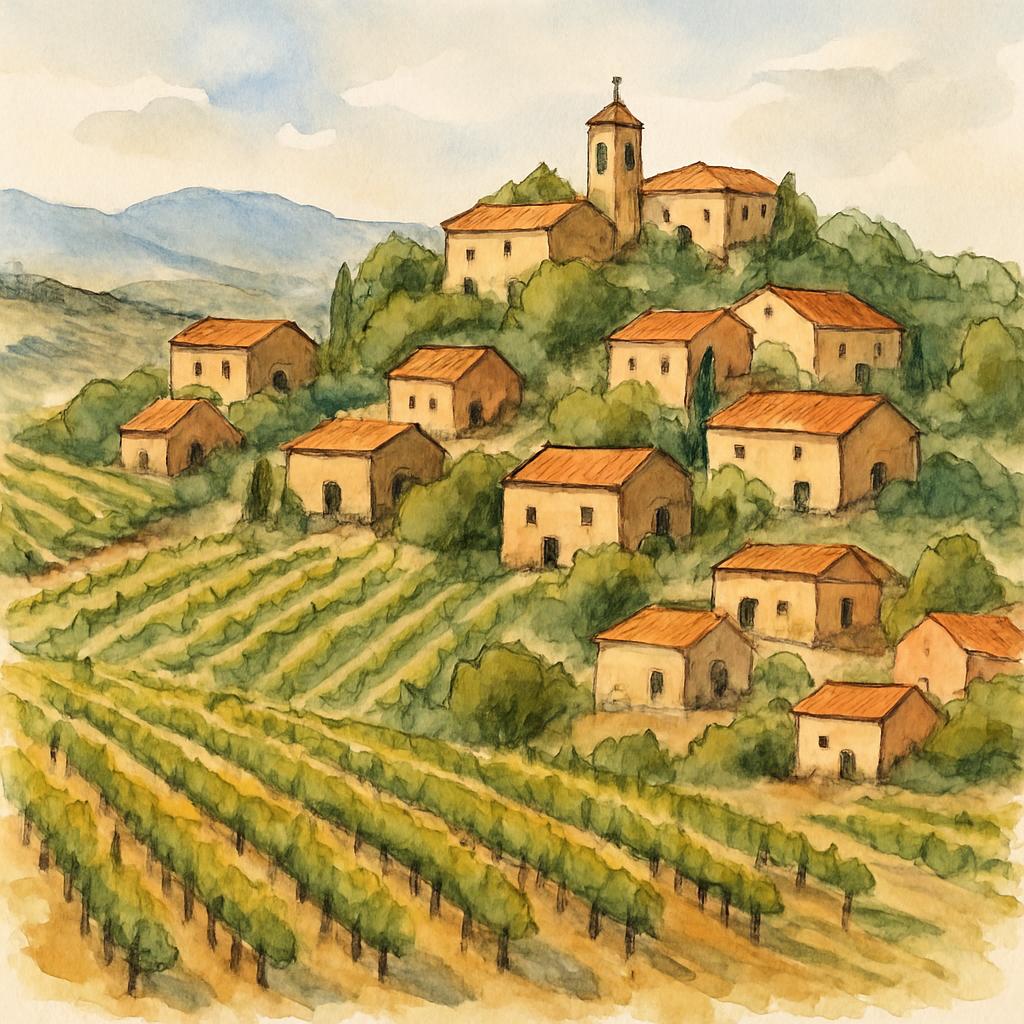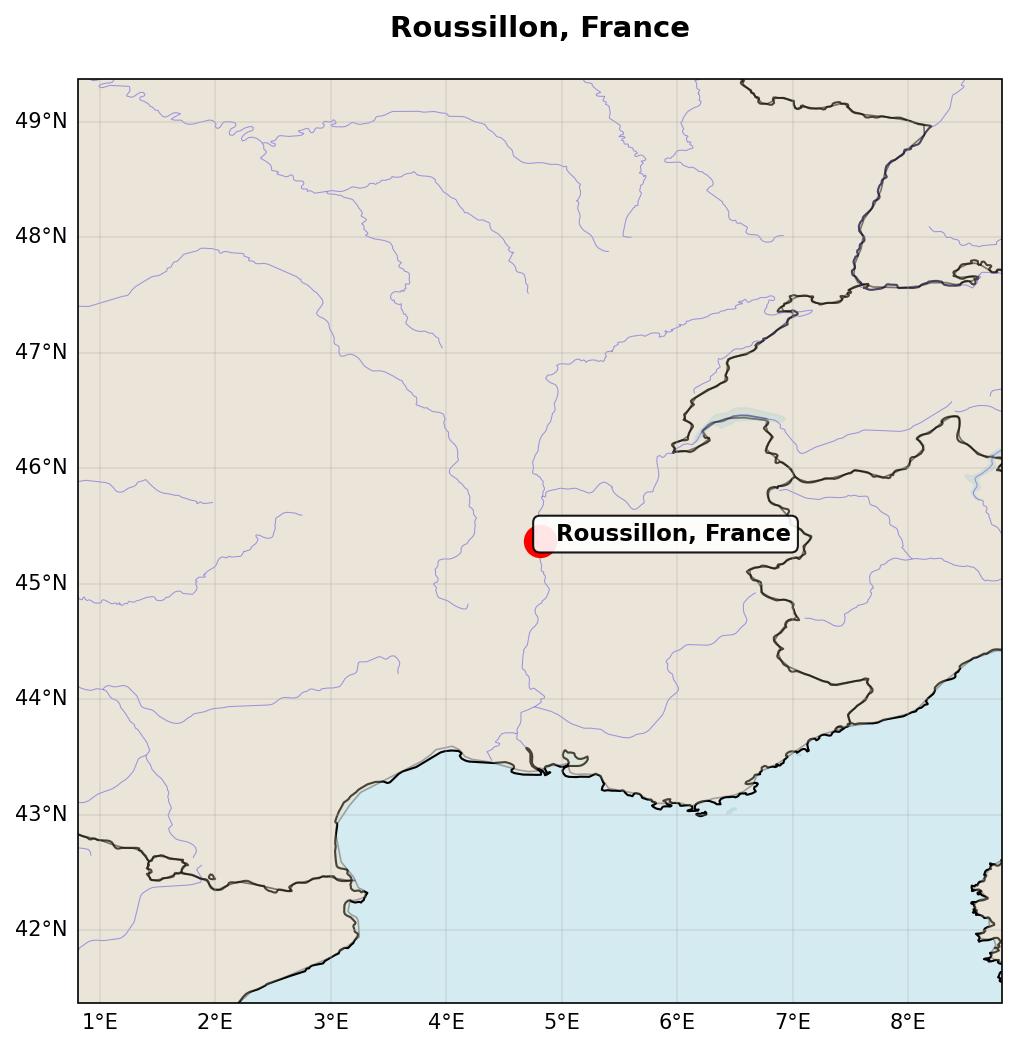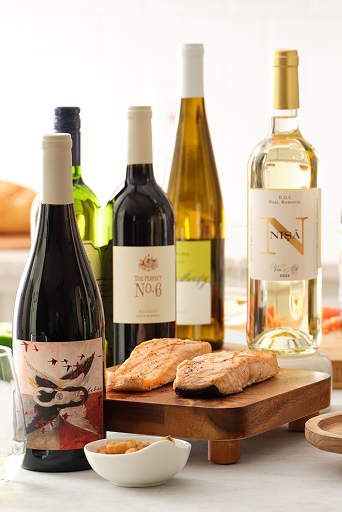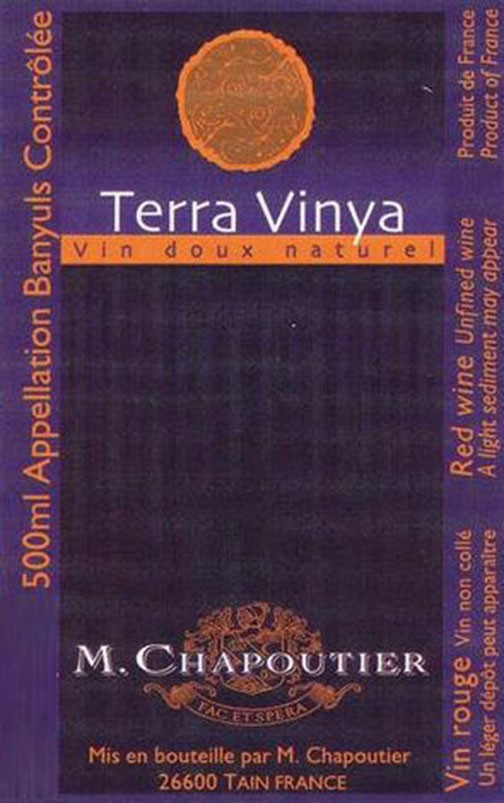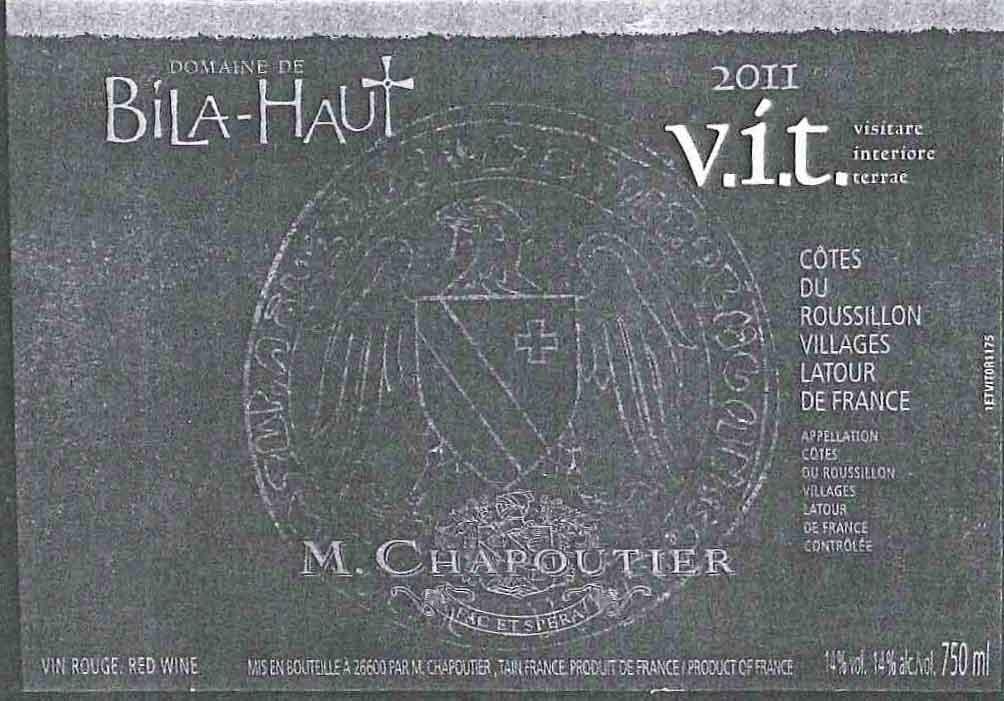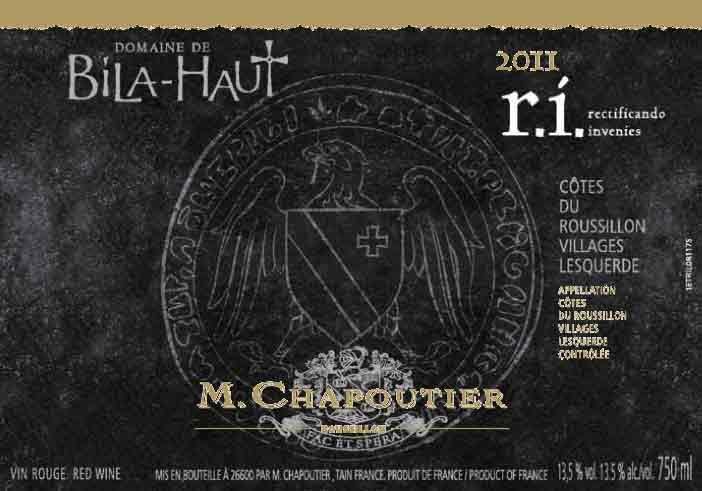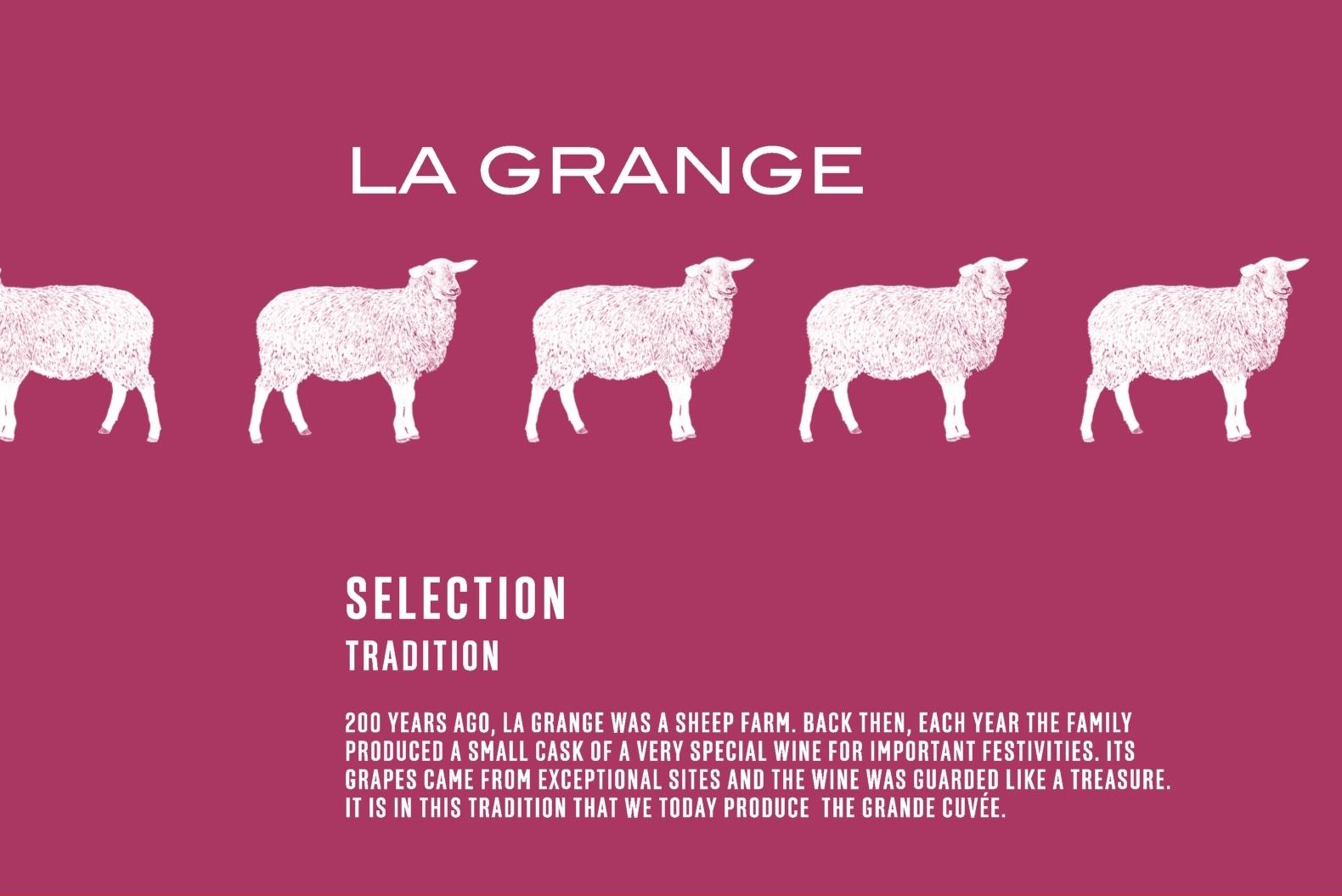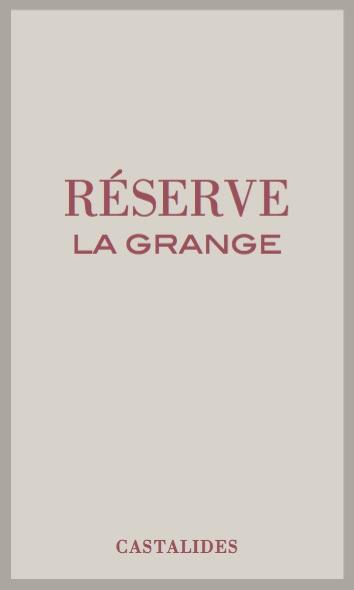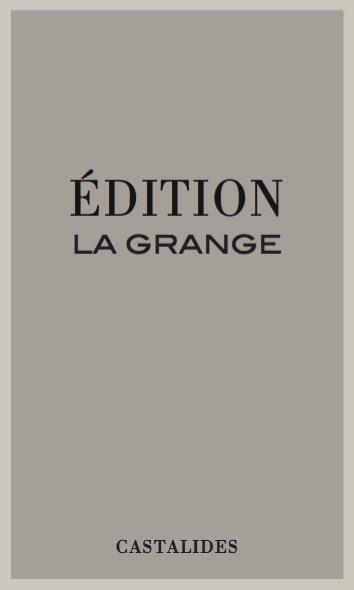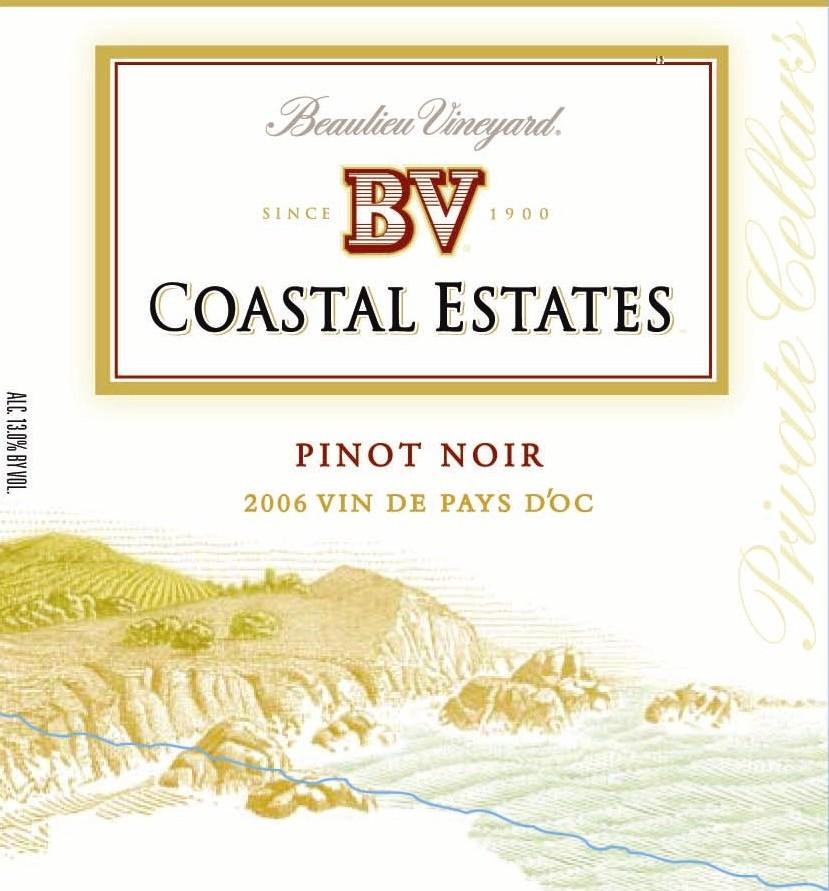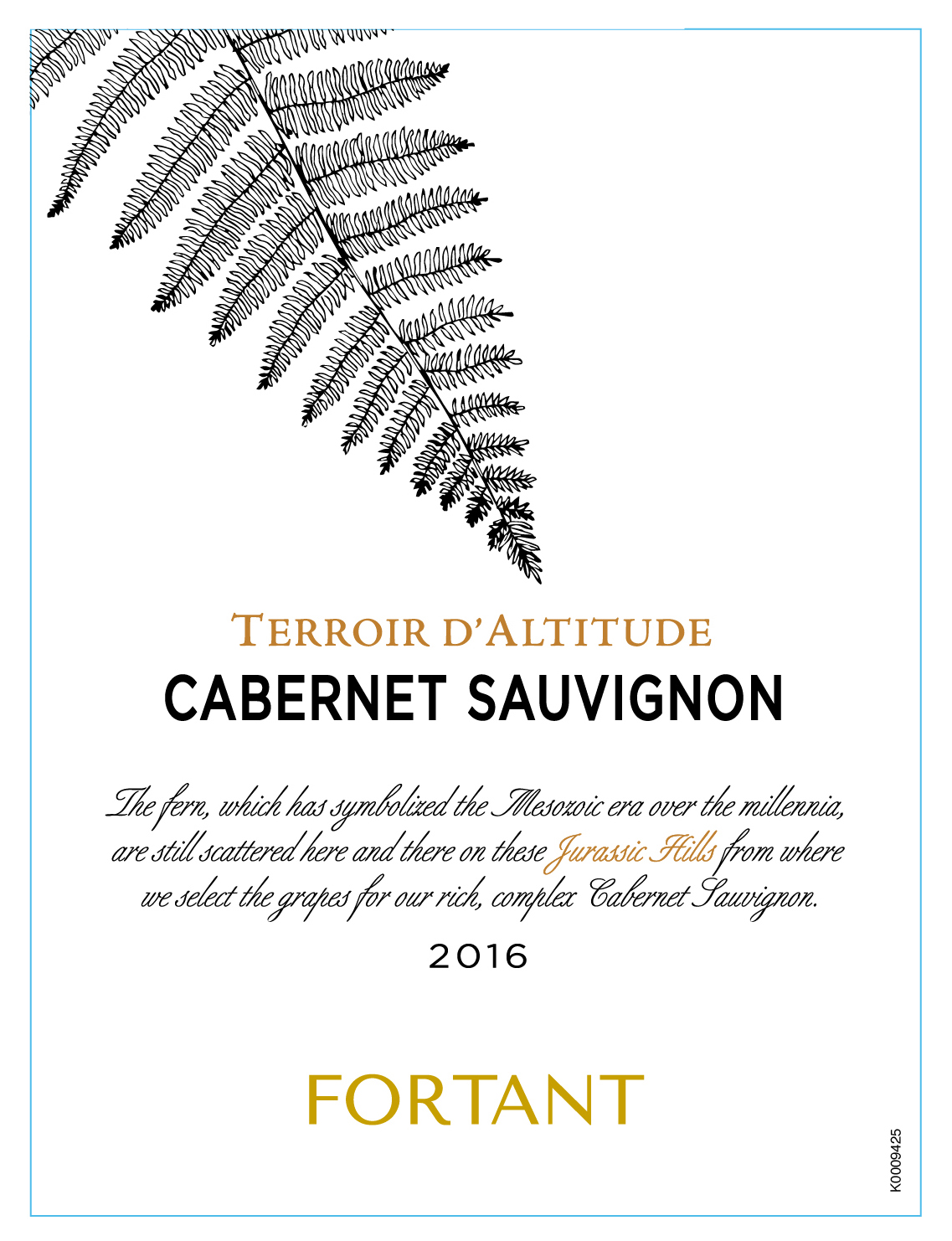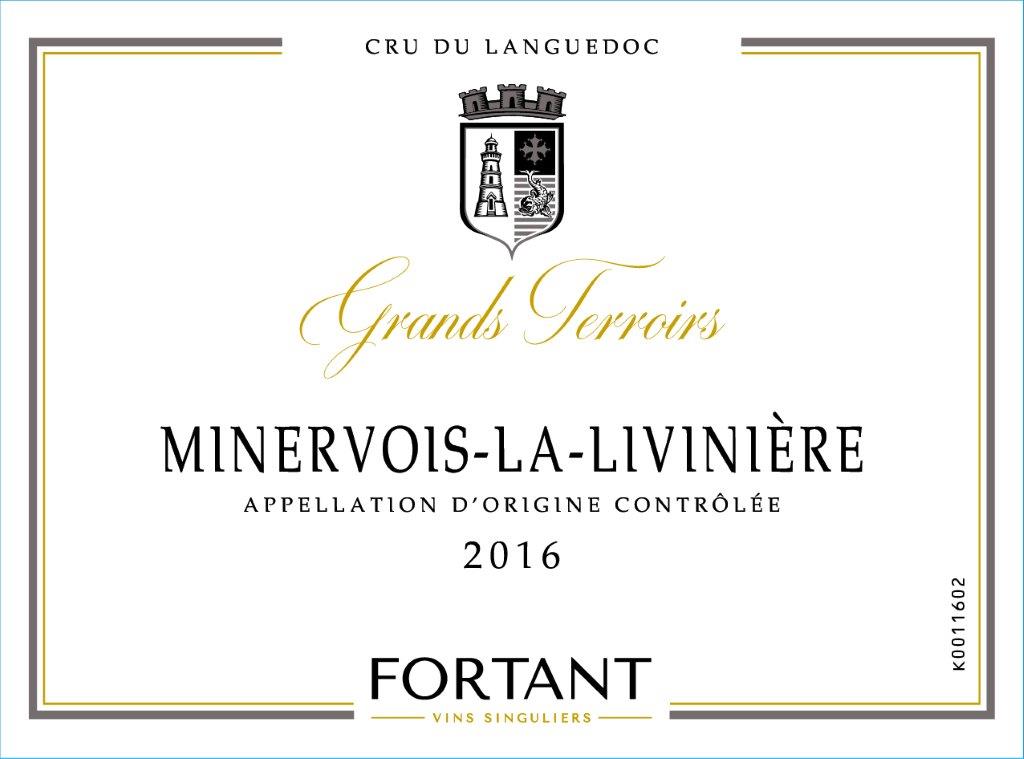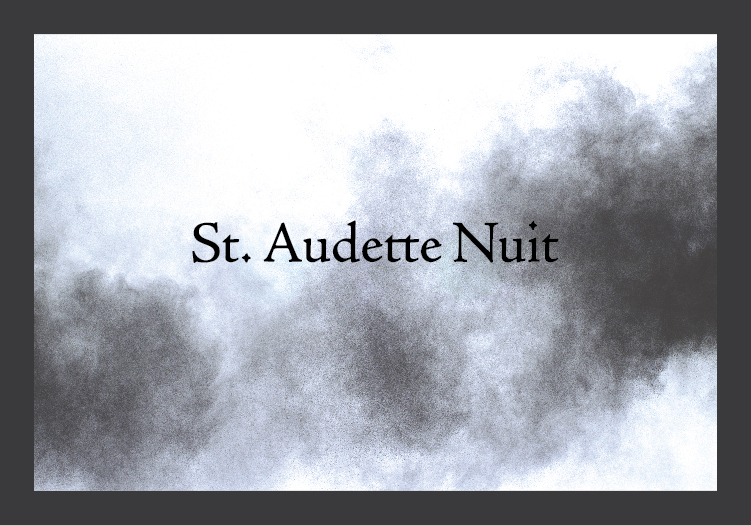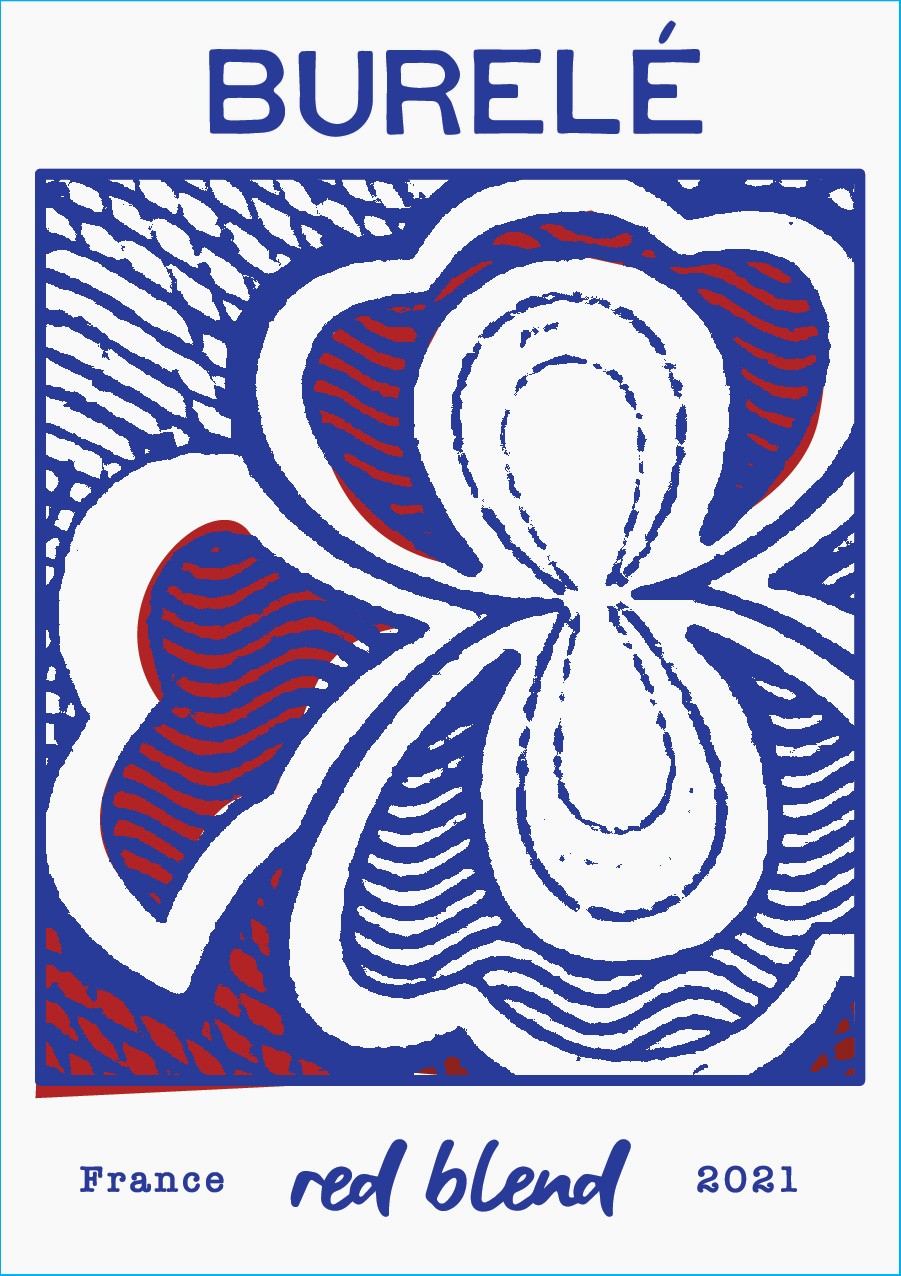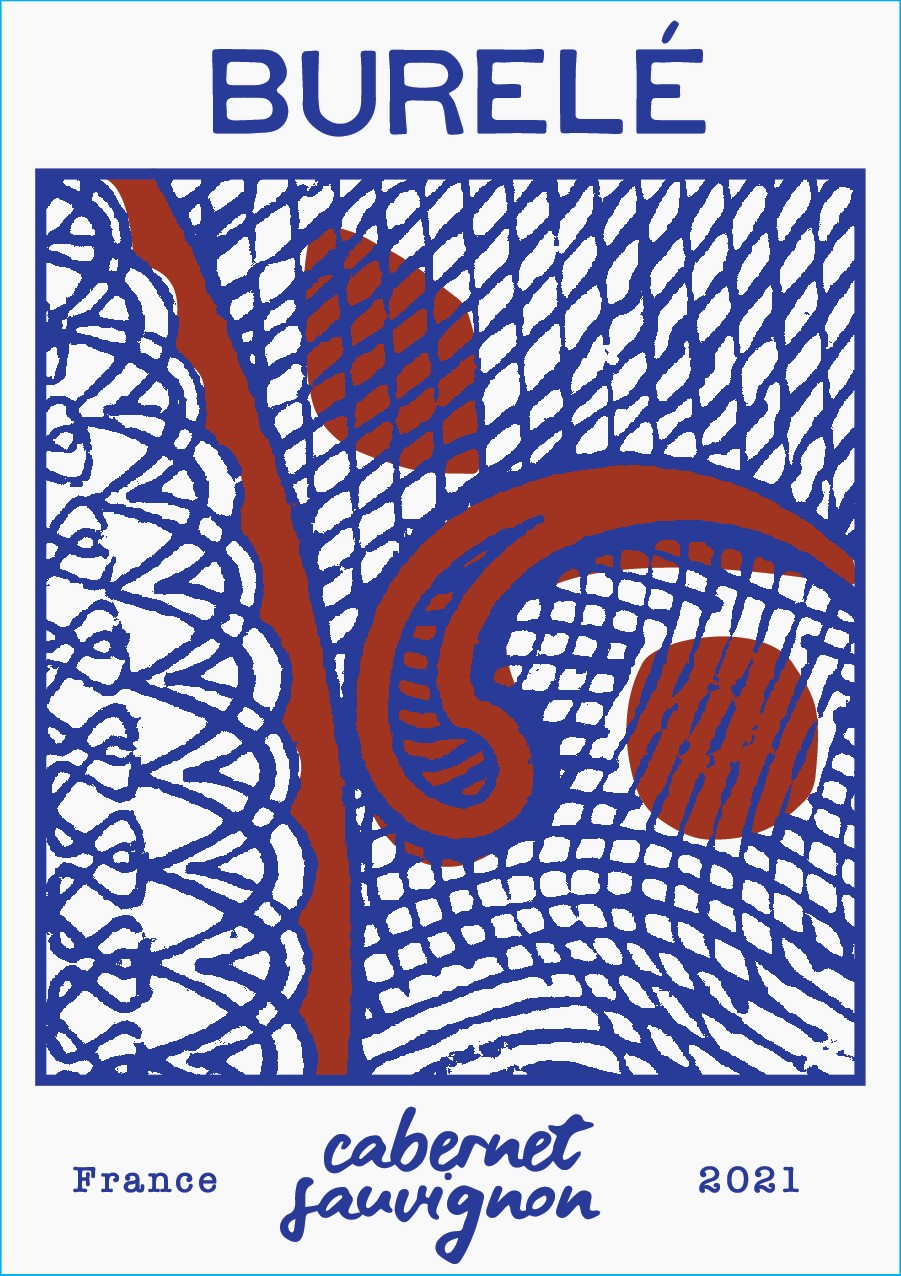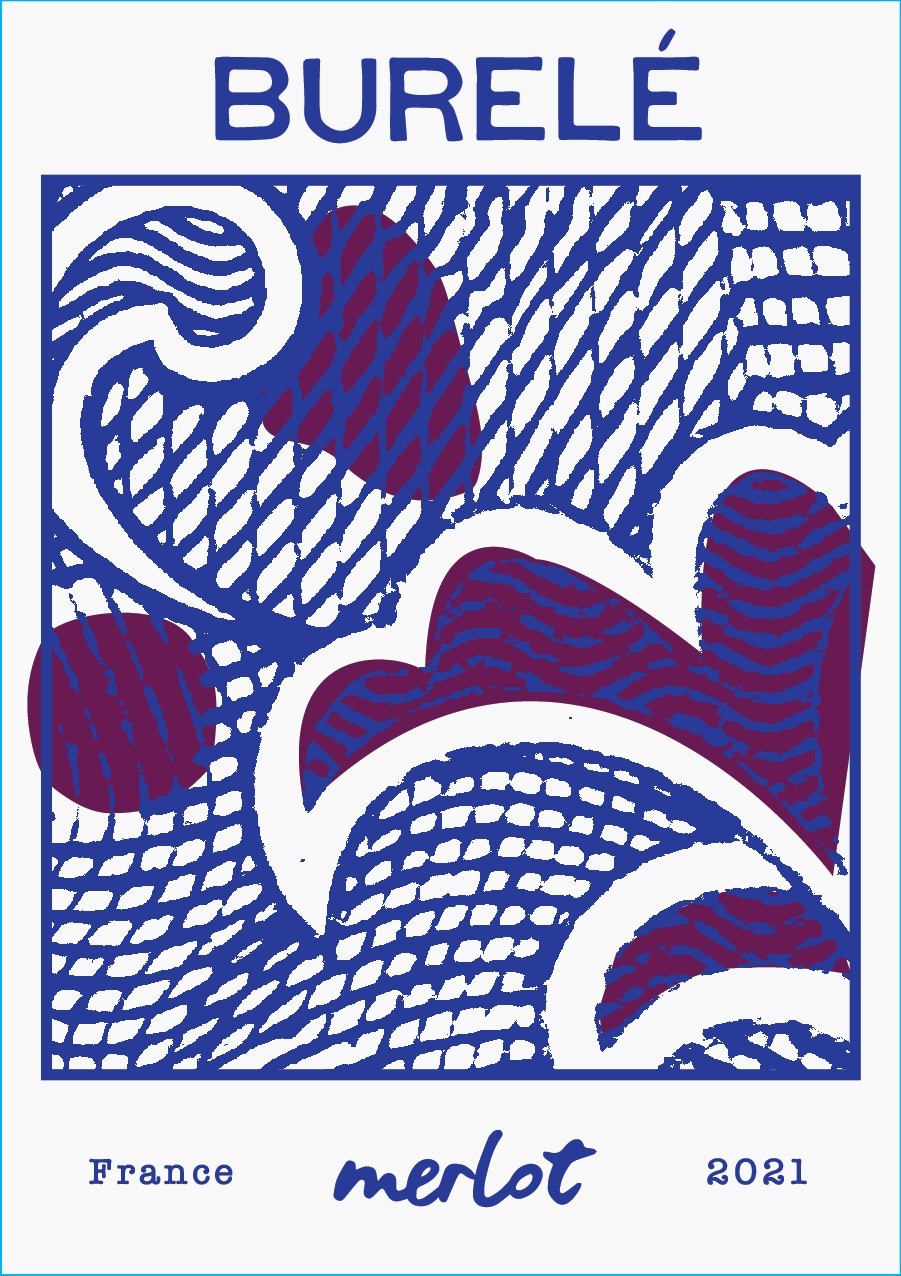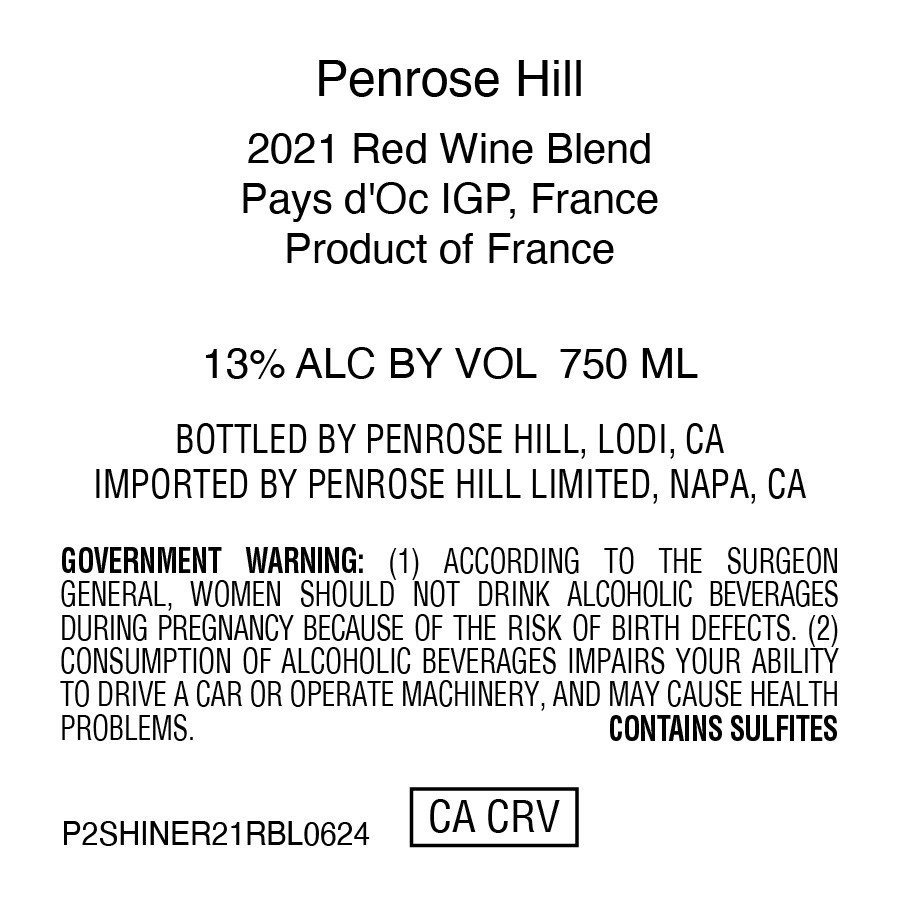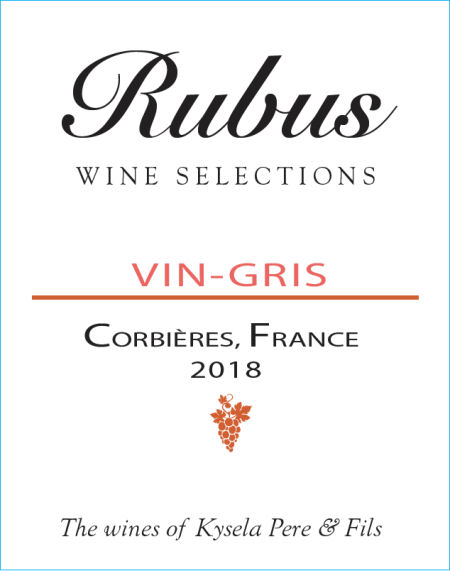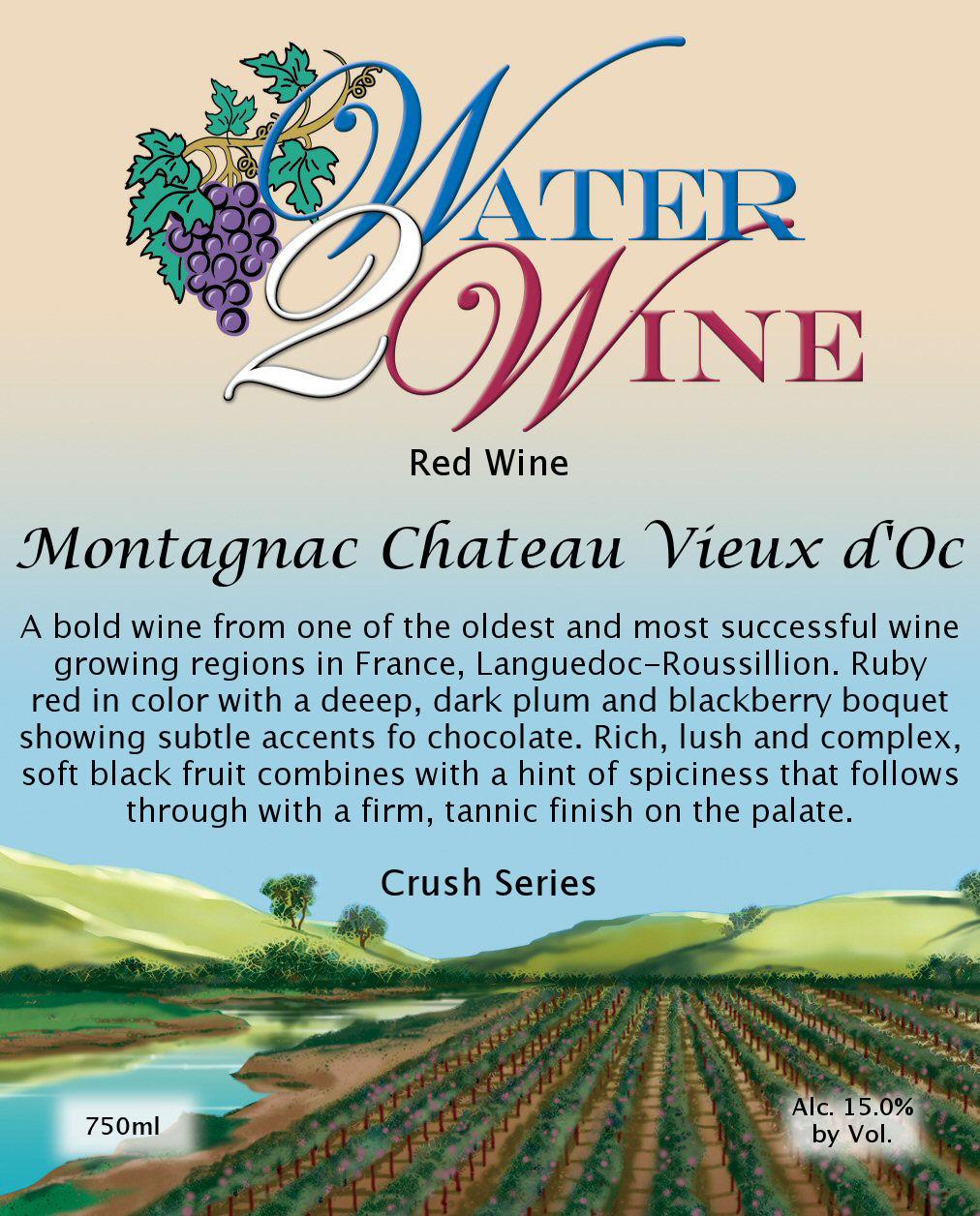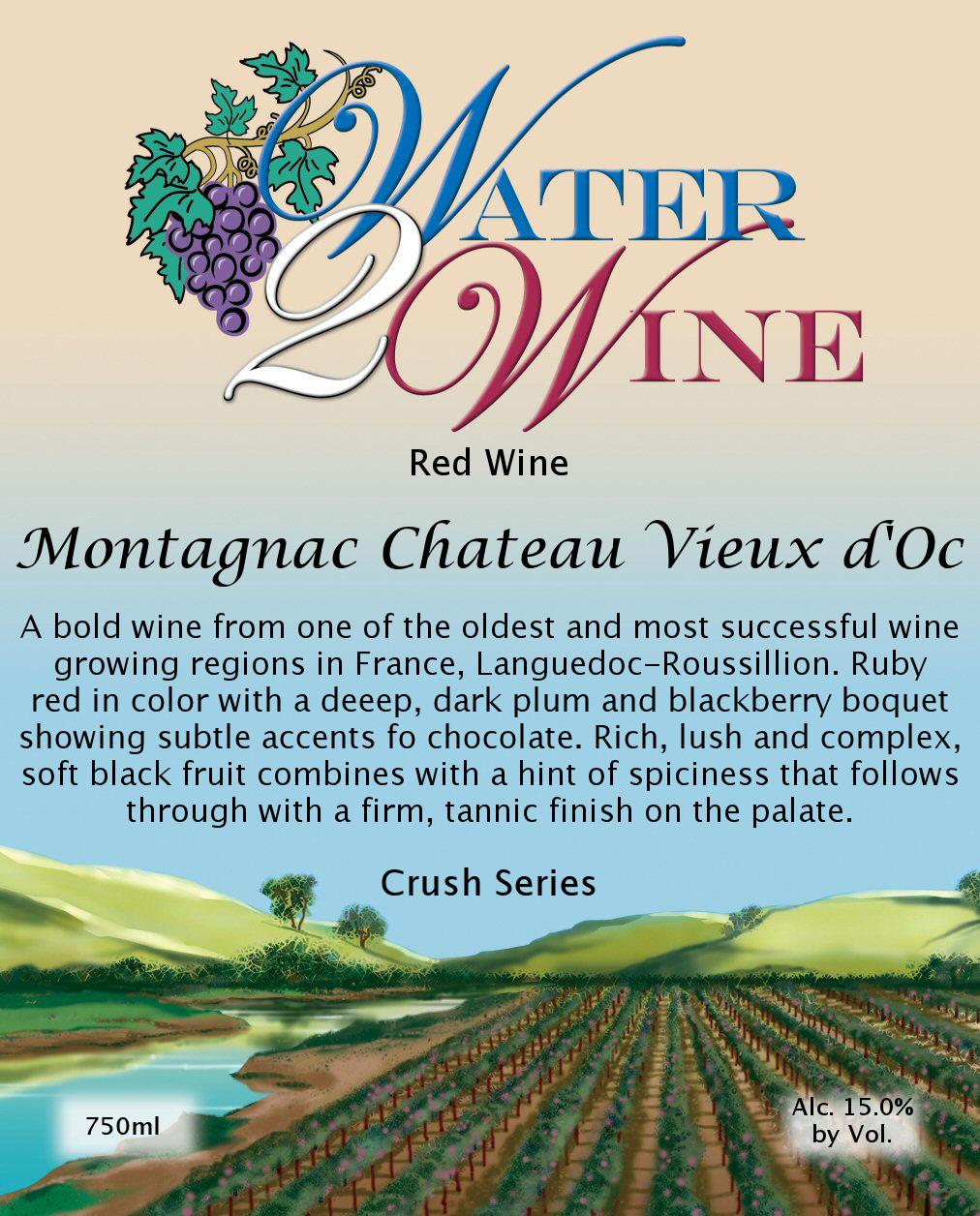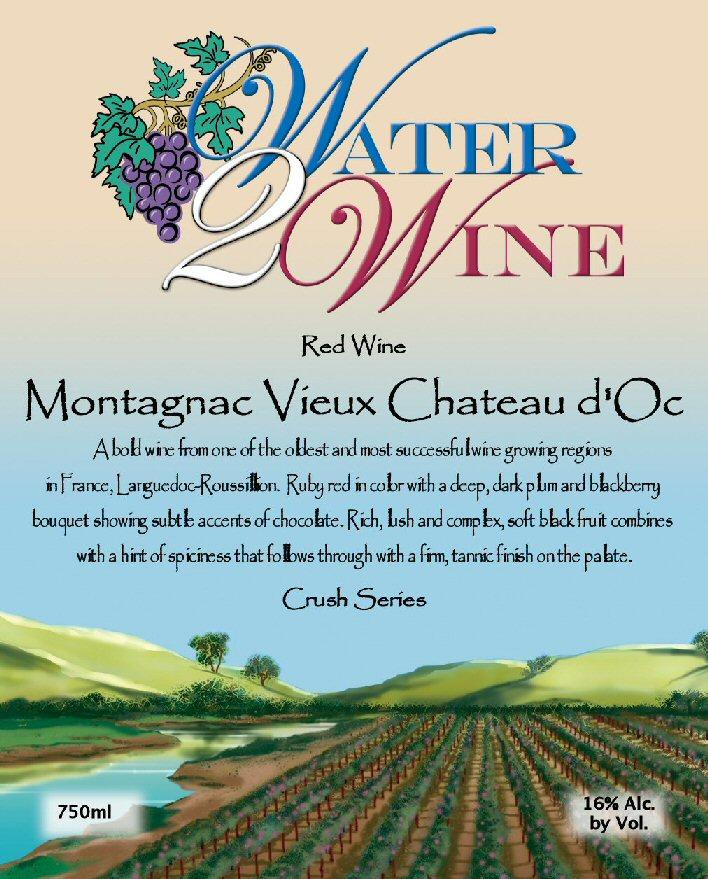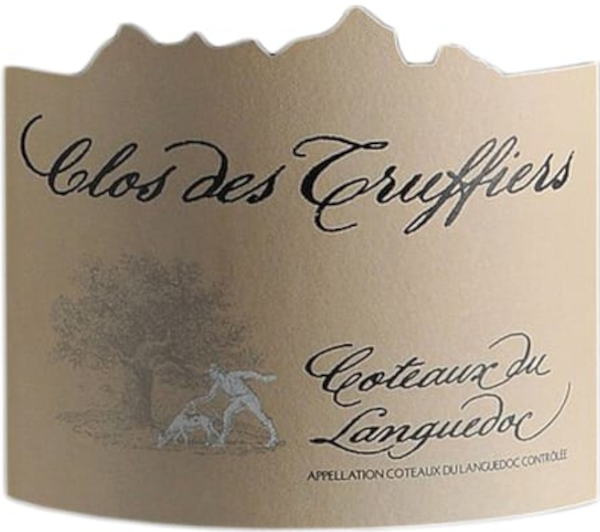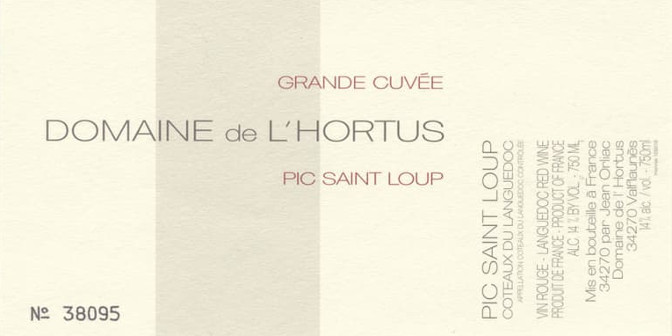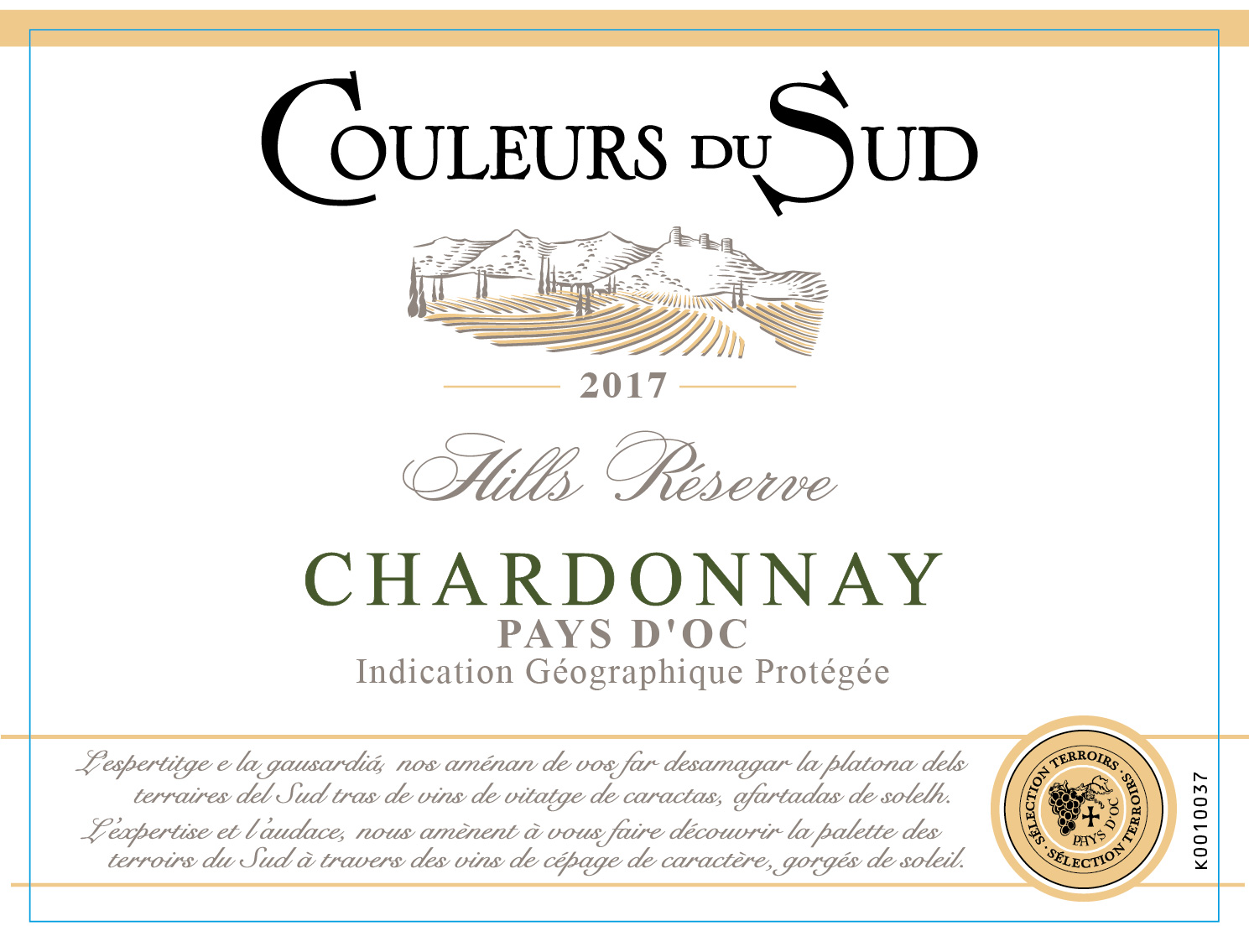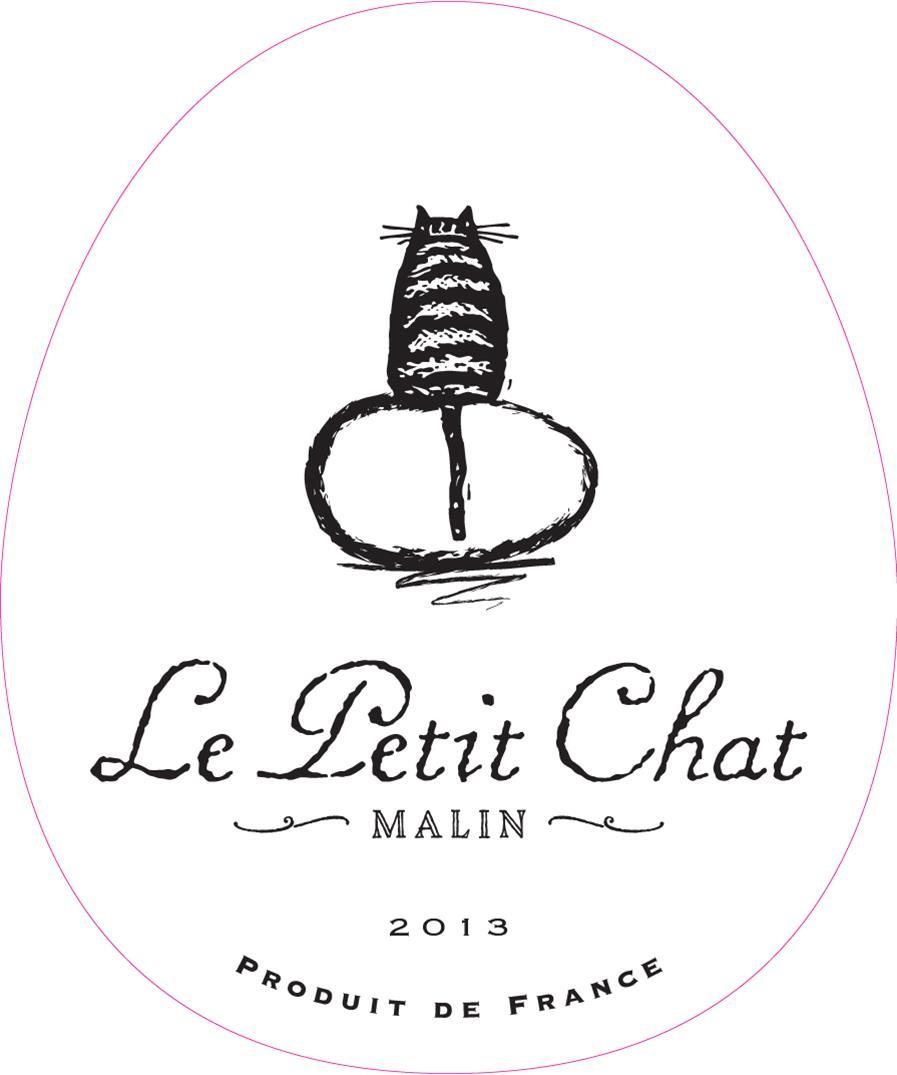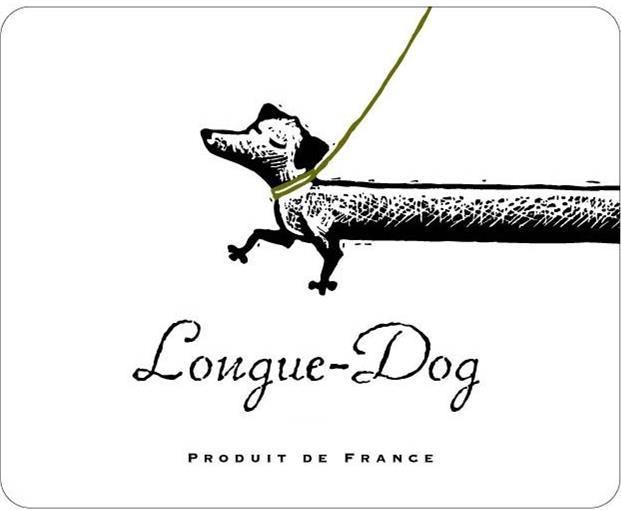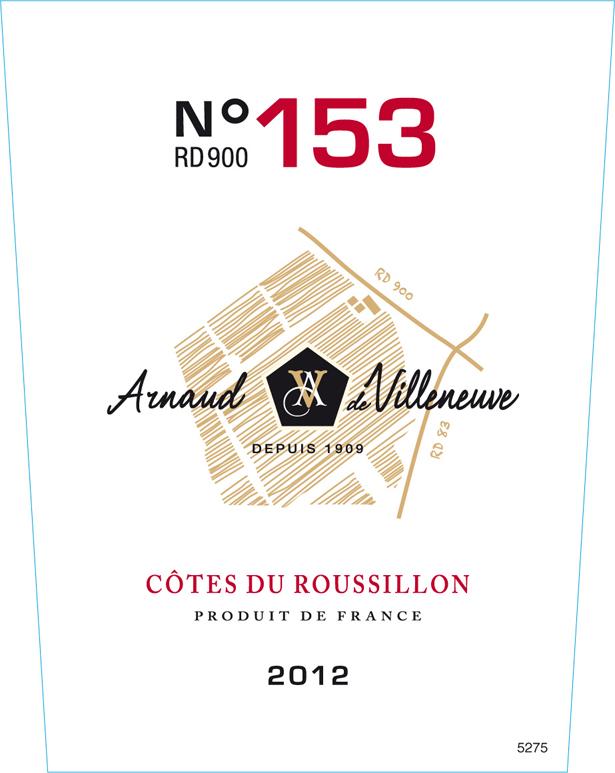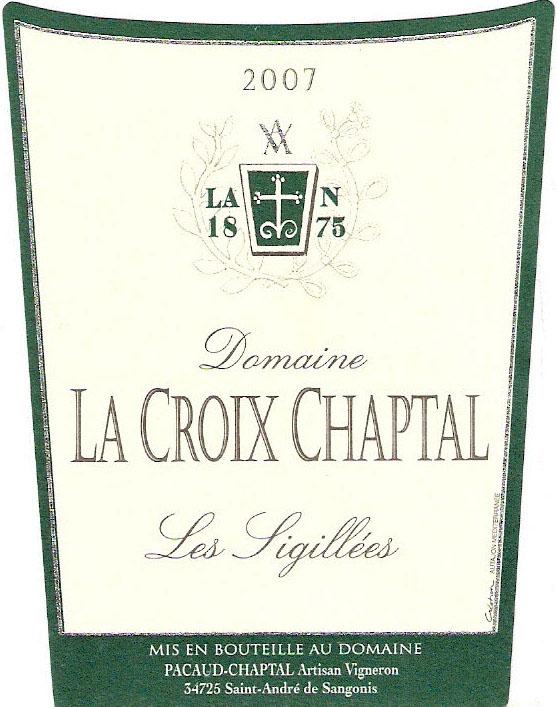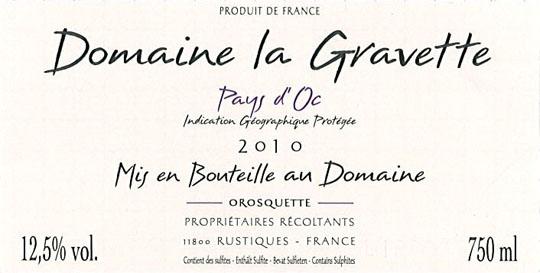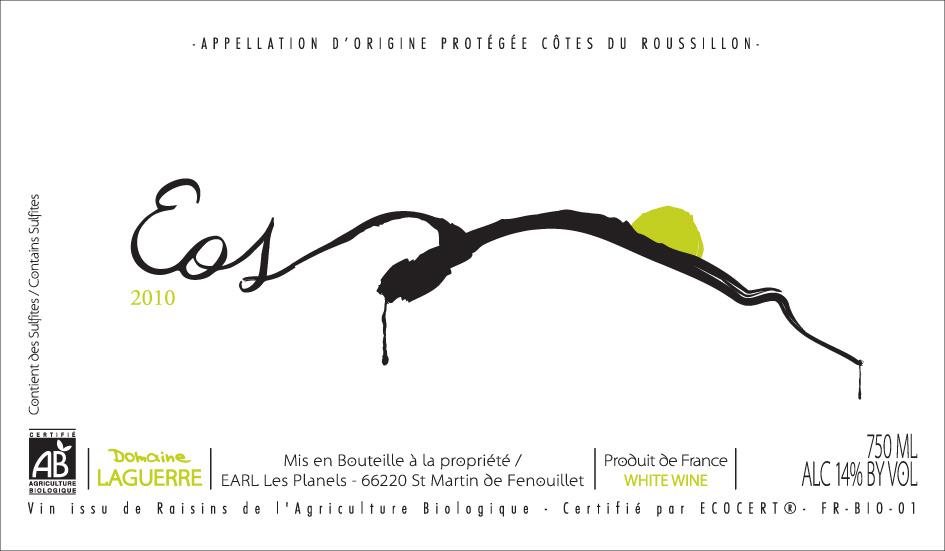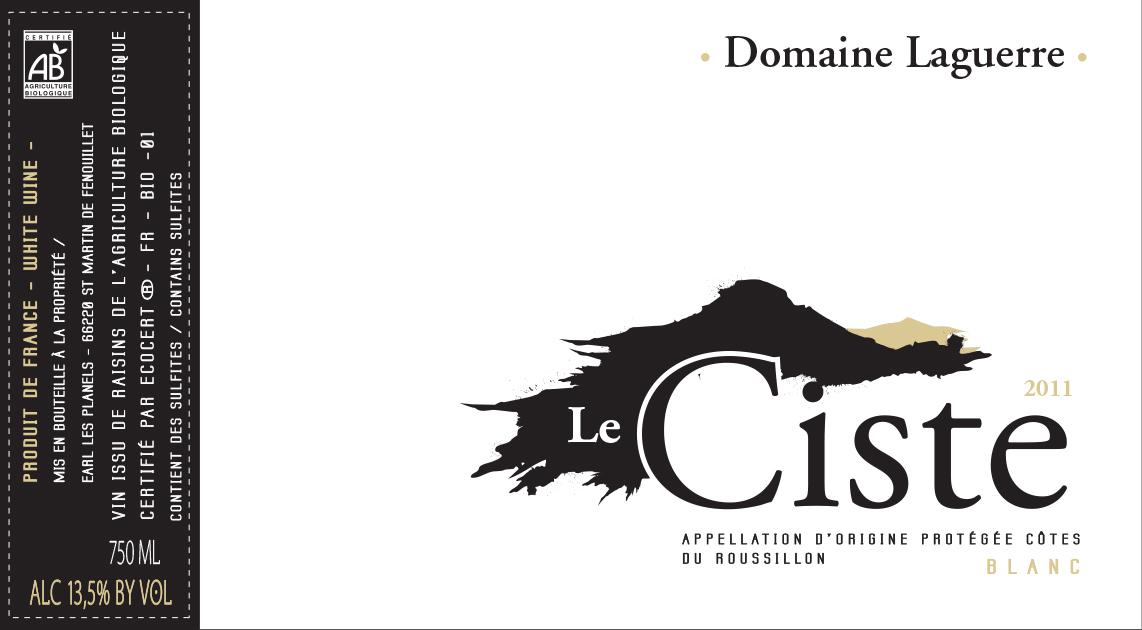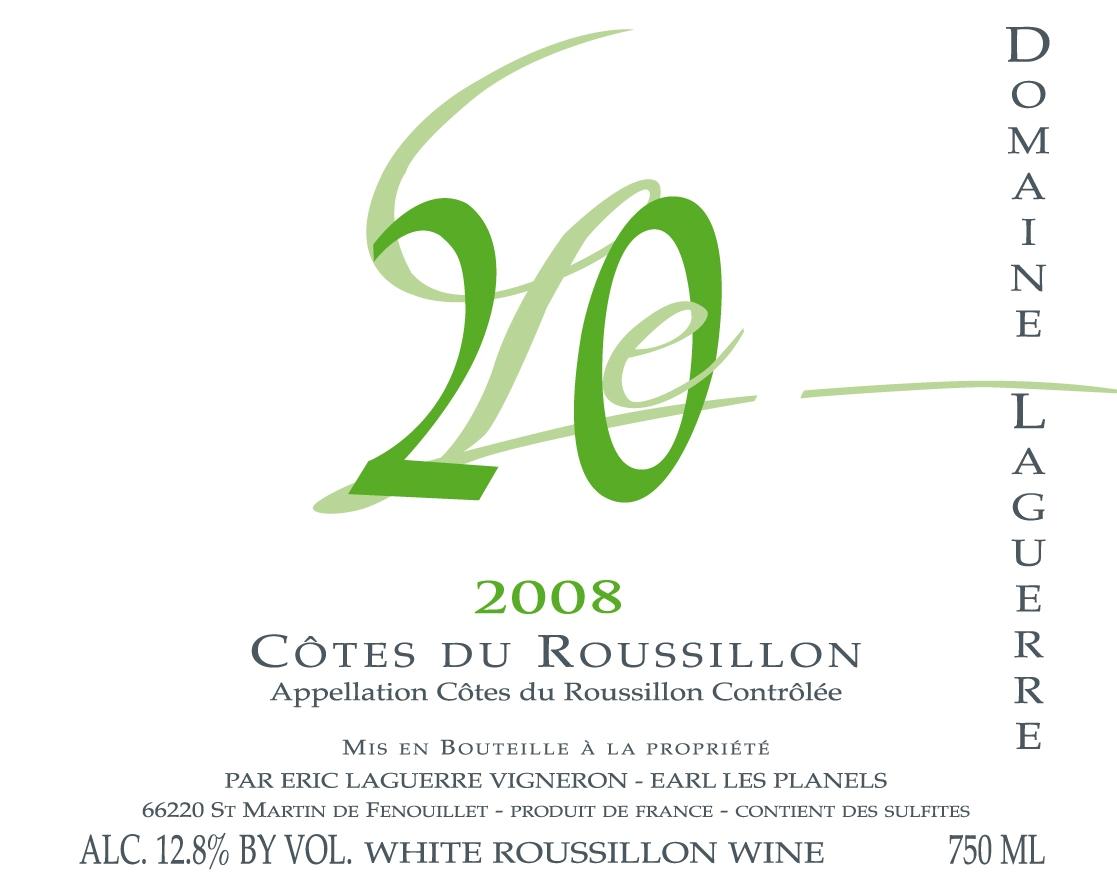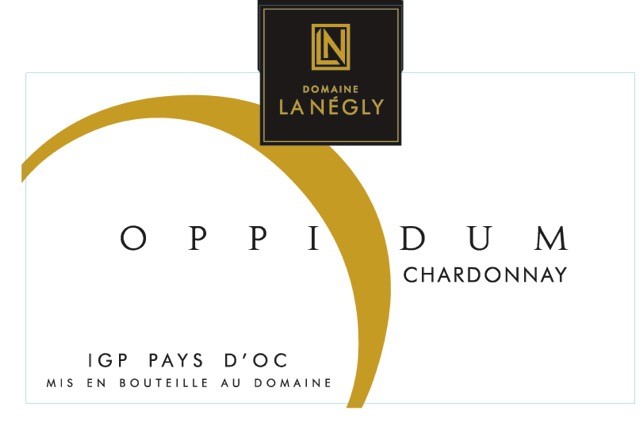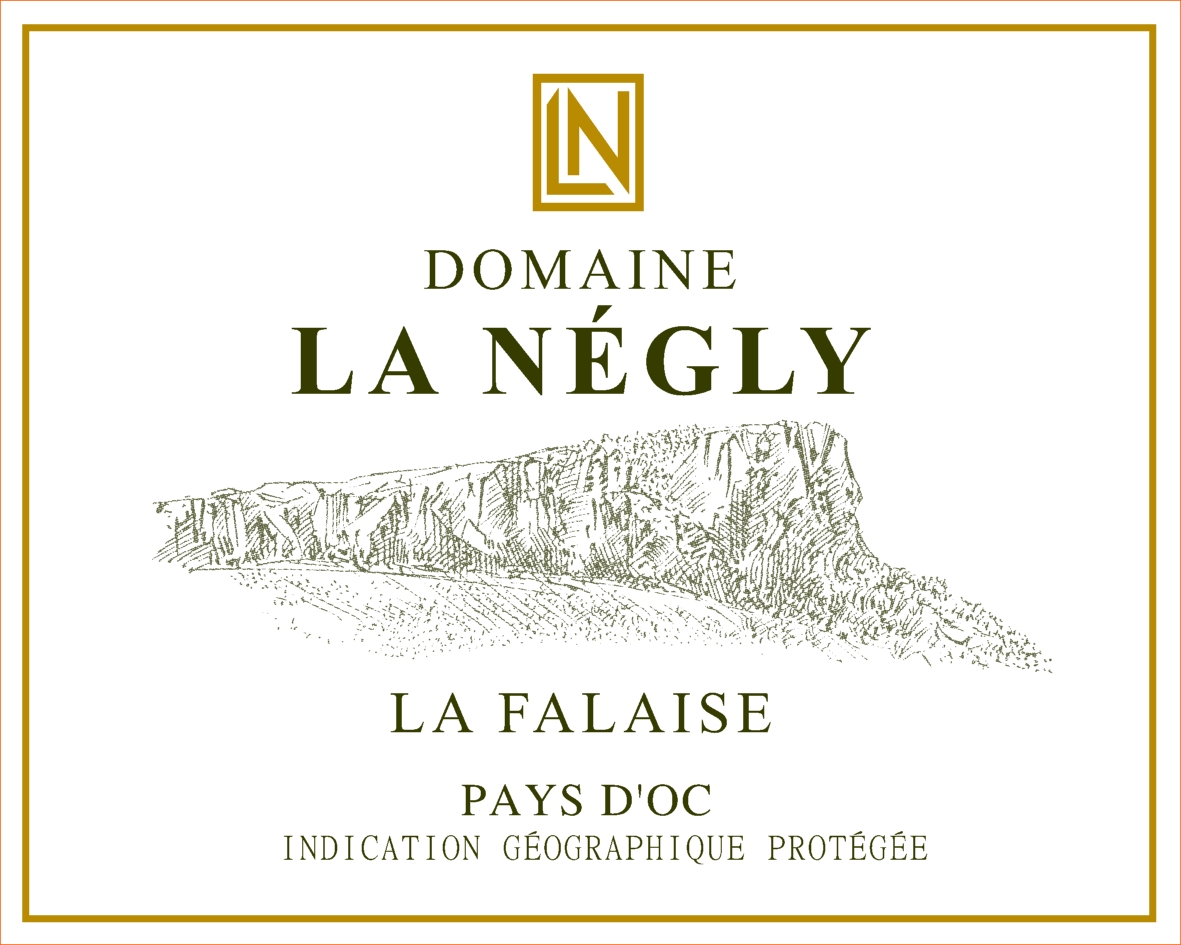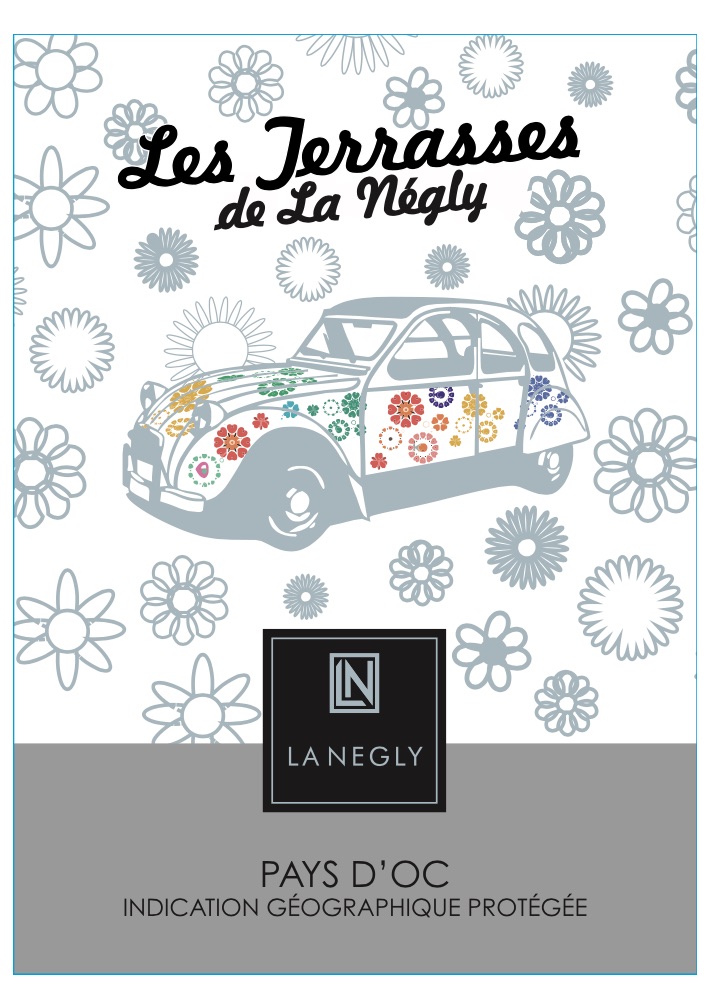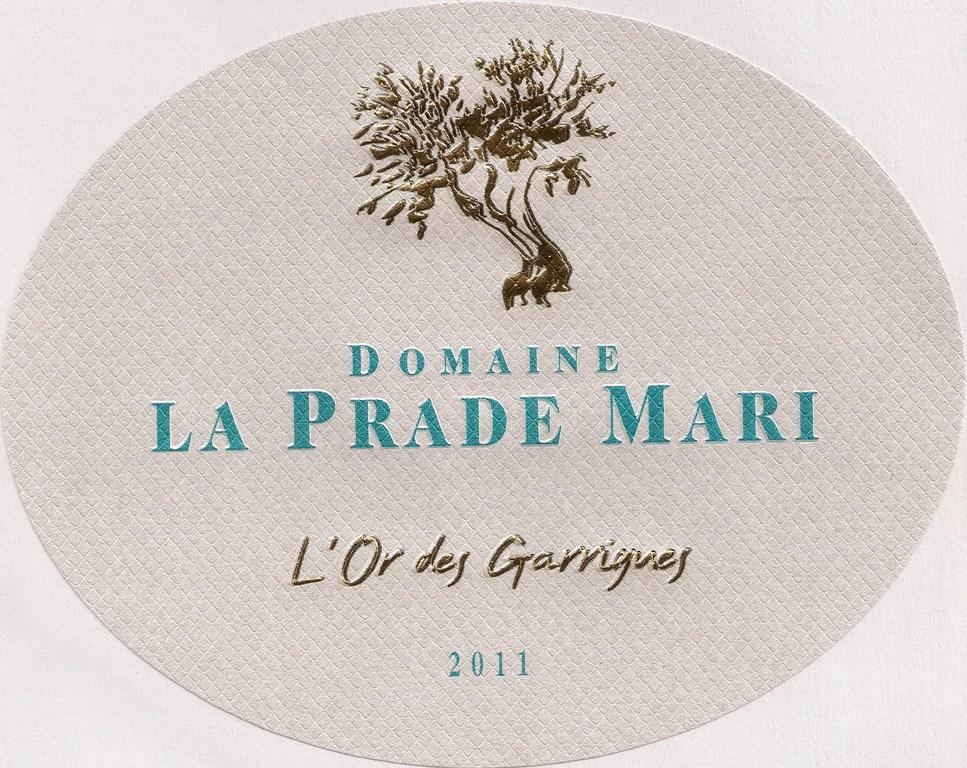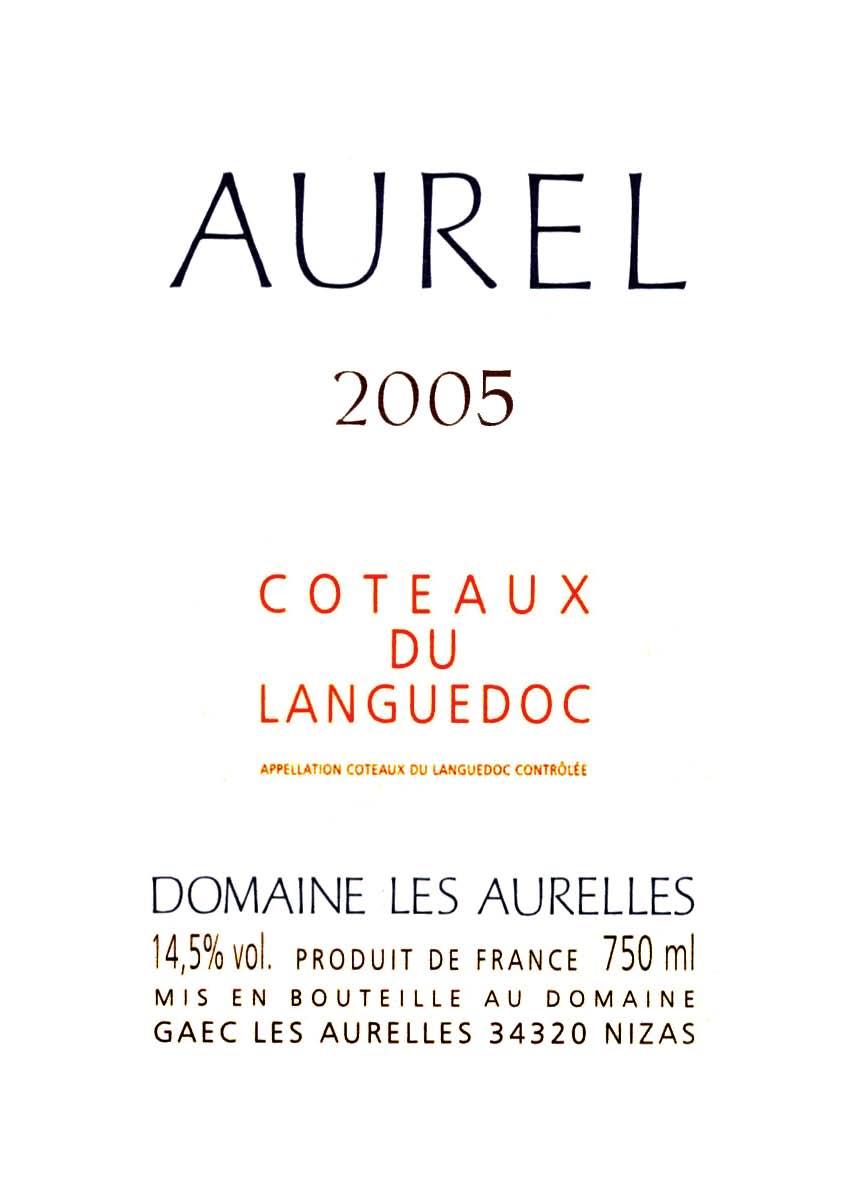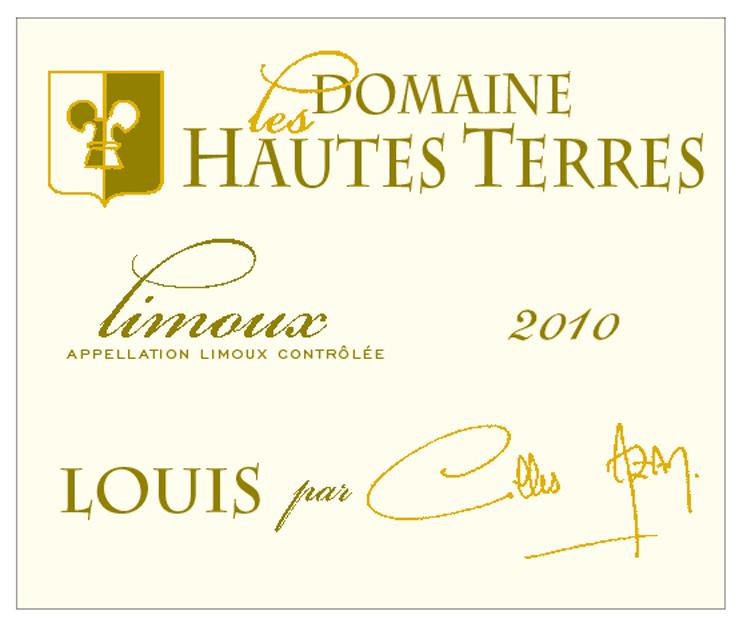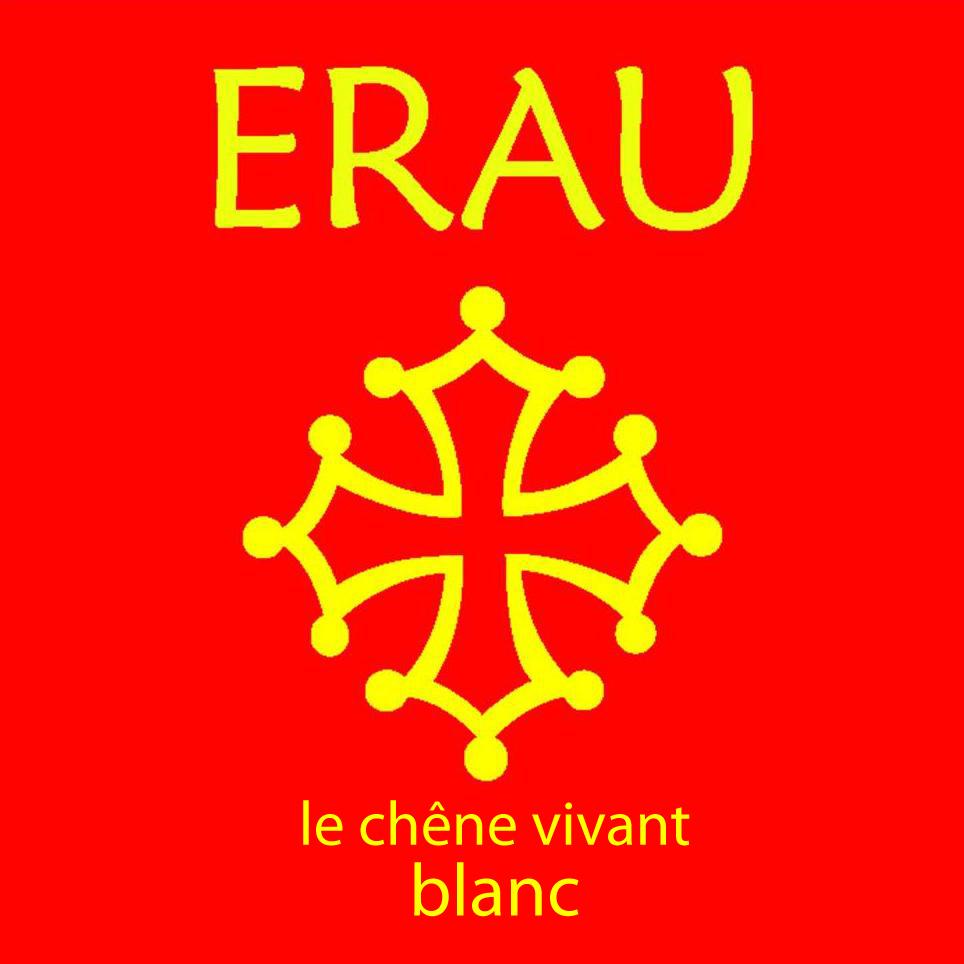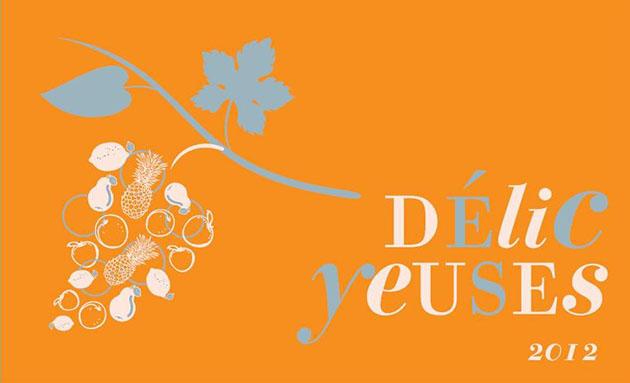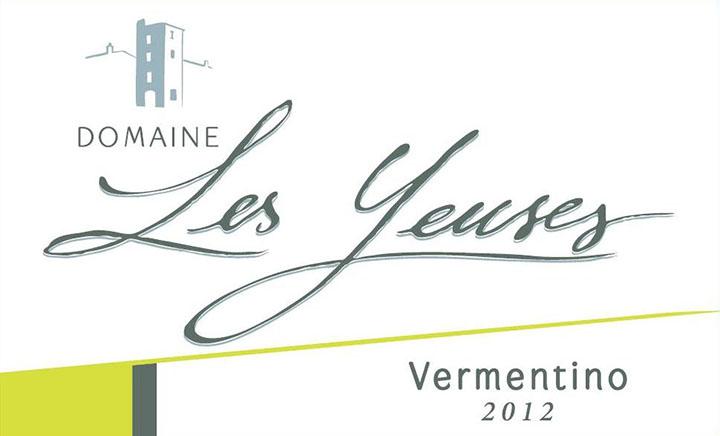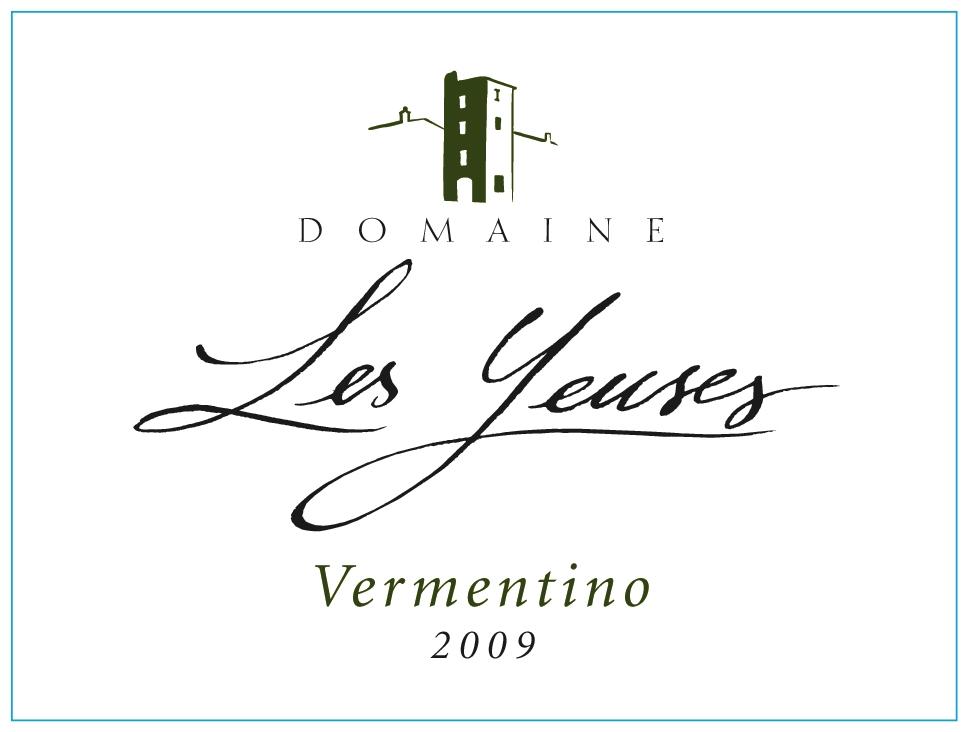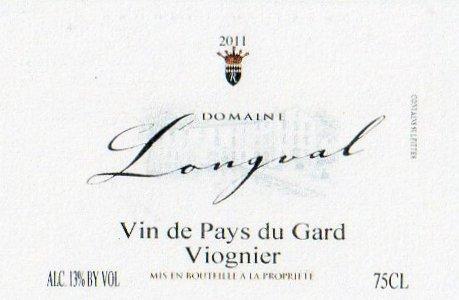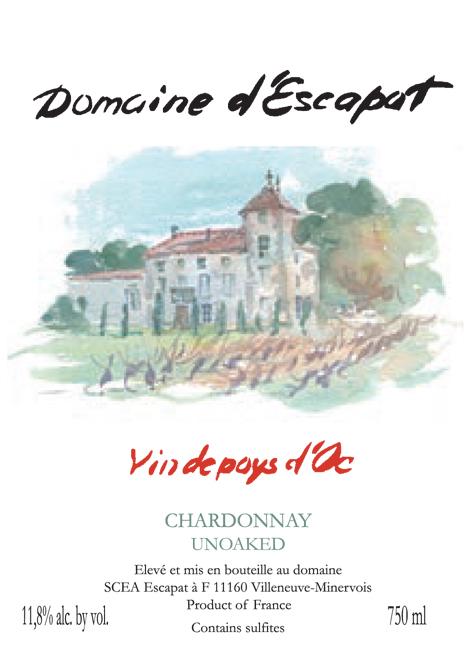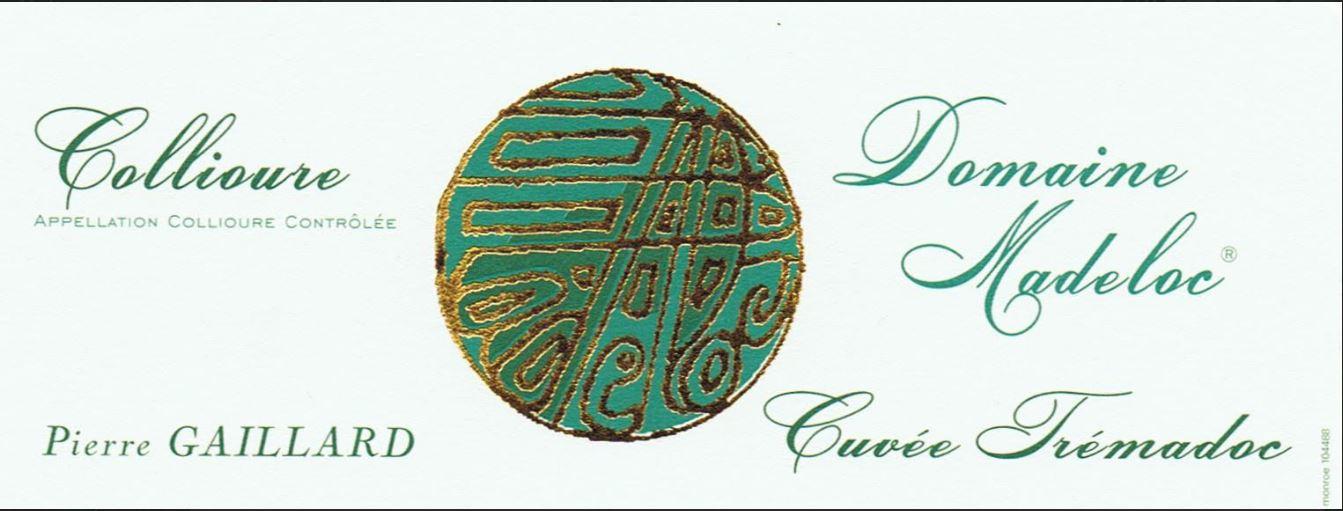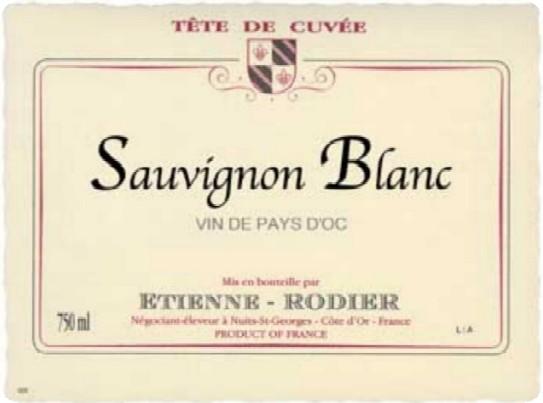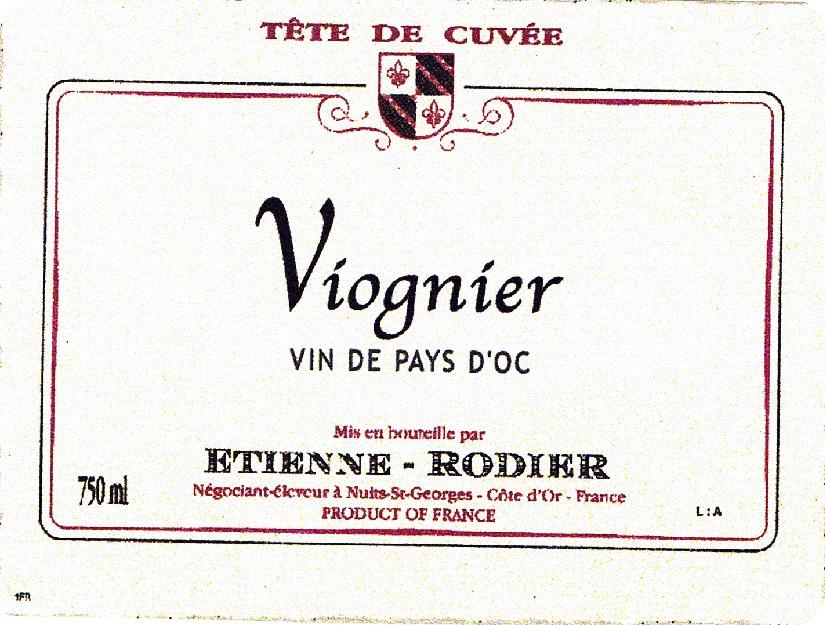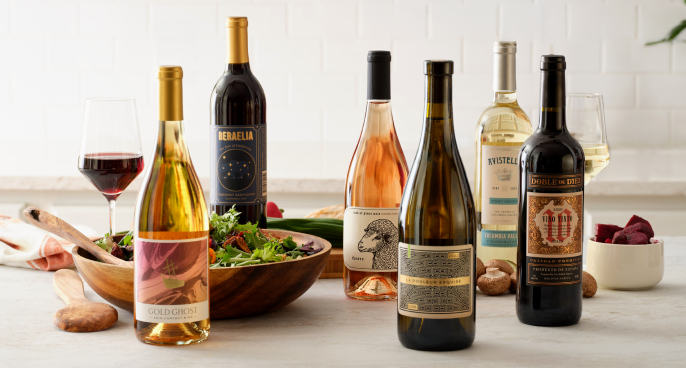Terroir of Roussillon
Roussillon, a sunny and dry wine region in France, enjoys a Mediterranean climate with hot summers and mild winters. Occasional autumn storms and the healthy Tramontane wind help keep the vines healthy by reducing disease.
The region's terroir is a mix of soils, including the schist and slate of coastal vineyards like Collioure and Banyuls, and the dark schists of Maury. Rivesaltes features limestone, alluvium, and schist, while the Aspres and Corbières foothills have clay-limestone and iron-rich marls. Terraces in areas like Côtes du Roussillon often contain gravel and sandstone.
This diverse soil, along with good drainage and local rivers, supports the growth of ripe grapes essential for Roussillon's robust reds, refreshing whites, and famous sweet wines.
Notable Wineries in Roussillon
Roussillon’s dynamic wine industry blends deep-rooted tradition with modern innovation, highlighted by a mix of cooperatives and private domaines. Here are some notable wineries making an impact:
-
Domaine Gauby: Located in Calce, this estate is renowned for its commitment to biodynamic practices, producing wines that express the unique terroir of the region.
-
Mas Amiel: Situated in the heart of Maury, famous for its exceptional Vins Doux Naturels and robust reds crafted from old-vine Grenache.
-
Domaine Cazes: A leader in organic and biodynamic viticulture, based in Rivesaltes, known for both classic fortified wines and innovative dry styles.
Sustainable Winemaking in Roussillon
Roussillon is at the forefront of sustainable winemaking, with a strong emphasis on organic and biodynamic practices. About a third of its vineyards hold organic certification, highlighting a commitment to eco-friendly viticulture. Many vineyards are embracing methods like cover cropping to boost soil health and reduce erosion, while also minimizing synthetic inputs. Water conservation is prioritized through dry farming techniques, crucial in the region's hot, dry climate.
Winemakers are experimenting with native yeasts and limiting sulfur use to enhance wine quality naturally. The focus on biodiversity and sustainable farming practices is strengthening Roussillon's reputation for environmentally conscious wine production, ensuring the land remains productive and healthy for future generations.
Wine Tourism in Roussillon
Roussillon offers an enriching wine tourism experience, blending its scenic beauty with cultural depth. Visitors have the chance to explore coastal and inland vineyards, each presenting unique landscapes and insights into the region's winemaking traditions. The area around historic towns like Collioure and Banyuls is notable for its picturesque views and vibrant viticulture. Meanwhile, the terraced vineyards of Latour-de-France and Tautavel offer a striking backdrop for wine enthusiasts.
Wine tourism here often includes tastings and tours that immerse visitors in the local culture, featuring food pairings with Catalan specialties. Seasonal wine events and festivals further enhance the experience, showcasing the region's dedication to hospitality and agritourism. Roussillon's wine trails are celebrated for their combination of natural beauty, rich history, and warm community, making them an ideal setting for discovering the diverse wines crafted from its cherished terroirs.

